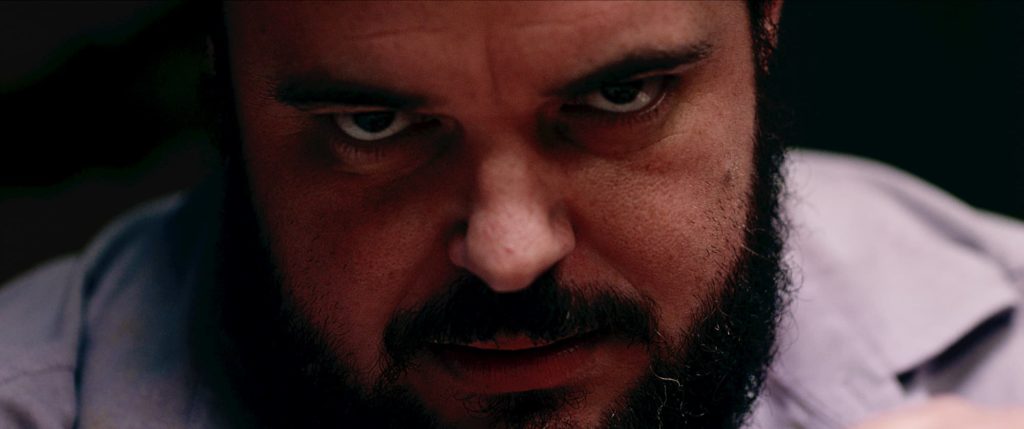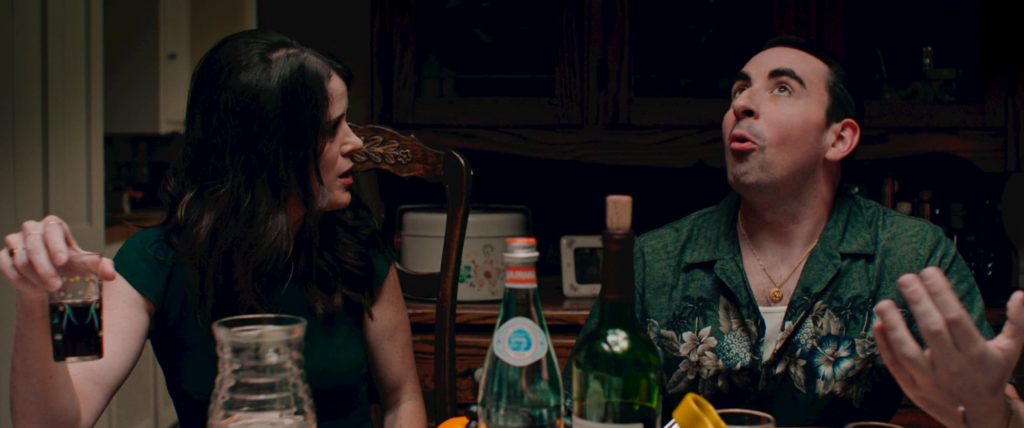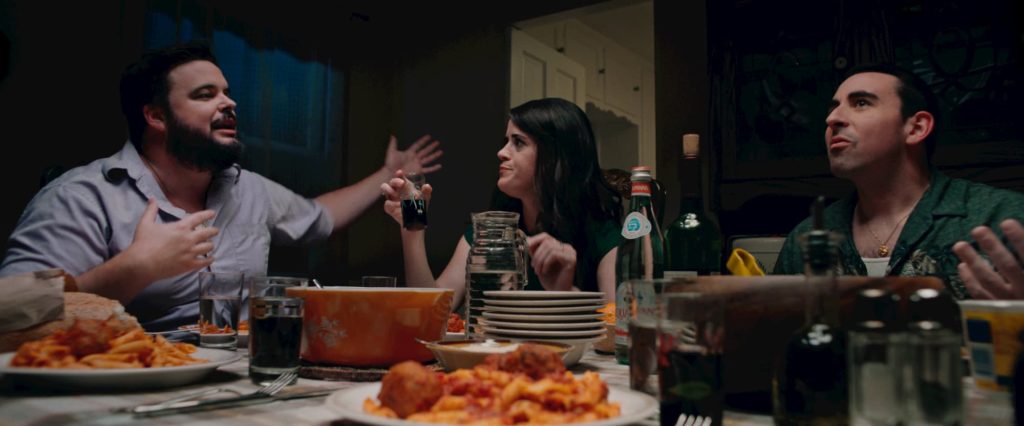How Winner Don Fanelli Created Conflict in His Movie Pitch
Reading time: 4.5 minutes
At The Film Fund, we believe that conflict drives story forward. Without conflict in your script writing, there’s nothing “exciting” about a story. There’s no sense of stakes or consequences. You can obsess over screenwriting format all day, but if your movie pitch doesn’t involve conflict, you likely need to reevaluate.
Before you even think about how to write a movie script, you’ve got to understand conflict in a story. Focus on how to pitch your movie idea, then worry about how to write a script.
Conflict creates tension and a reason for an audience to keep watching, as they want to find out what happens next. Our friends at StudioBinder have an entire post explaining conflict in a story. We include an excerpt from their post below.
Once you nail down the conflict of your premise, submit your one-sentence pitch for a chance to receive up to $10,000 and other prizes to make your film a reality here.
First, what is conflict, and why is it important?

In their post, StudioBinder defines conflict as the following:
Conflict in a story is a struggle between opposing forces. Characters must act to confront those forces and there is where conflict is born. If there is nothing to overcome, there is no story. Conflict in a story creates and drives the plot forward.
External conflict refers to the obstacles a character faces in the external world. Internal conflict refers to a character’s internal or emotional obstacles. Moral or philosophical conflicts are created between a character’s worldview or belief system and the world around them.
It’s critical to remember that viewing conflict only in terms of external and internal is a bit simplistic. Properly defining conflict in a story includes its relationship to philosophical or moral conflict as well.
Why is it important?
- It creates and drives the plot.
- It reveals opposing beliefs and truths about life.
- It entertains by creating relatable contexts in emotional, dangerous, or exciting ways.
So, here’s the winning pitch sentence below. On your own, try to guess what makes the conflict so strong before reading on.
“An Italian-American man confesses to his passionate siblings that he is now vegan and refuses to eat their traditional Sunday meatballs and I need $ for a DP & prod design.”
He uses conflict-packed, emotional words.

The best screenwriters choose their words carefully. While this post isn’t exactly about screenwriting tips, it will help you learn how to write a script for a short film by honing in on a simple conflict.
In his one-sentence movie pitch, Don Fanelli uses words such as “refuses,” “passionate,” and “confesses.” Each of these words creates a strong sense of conflict or emotion.
Refuses: this word literally sets up a conflict between two things. The act of refusing something puts one in conflict with something else. They don’t accept it.
Passionate: For conflict to exist, someone needs to be passionate about something. The more people believe in something, the more passionate they will be about it, and the greater the conflict will be.
Confesses: The word “confesses” brings about a certain sense of guilt or worry, and it implies wrongdoing. There’s nothing wrong with being vegan in the character’s eyes, but he knows that his family will think so. So using the word “confesses” already sets up a sense of worry, a prelude to the conflict.
He includes two clear, opposing viewpoints in the premise.

The sentence presents two opposing entities– the meat-eaters vs. the vegan.
This one’s pretty simple, so we don’t need to elaborate too much here. “He’s now vegan and won’t eat his family’s traditional Sunday meatballs.”
Want to know the secret of how to get funding for your film? Well, there is no secret. But we bet we’re not the only movie funding source that wants a clear conflict.
How do films get funded, whether from The Film Fund, international film funding, or using angel investors’ film funding? There needs to be a good story, and there needs to be conflict.
He mentions that the family is Italian-American.

It may be a stereotype, but as an Italian-American who grew up in a traditional Italian-American family, I can confidently say that this detail strongly hints at conflict.
Because of how Italian-Americans are often portrayed in film and television, mentioning the family’s descent in the pitch creates a certain mental image… a LOUD one. Think of the family scenes from The Sopranos, Saturday Night Fever, My Cousin Vinny.
Italians often have a good sense of humor. Loud, boisterous, and a bit comical on top of that.
If they’re at odds with each other, they probably won’t be afraid to speak their minds. Which is probably where the humor comes from. It’s based in conflict!
What’s even more important than the stereotype is how much Italian families value food. Food isn’t just delicious, it’s where family comes together. By rejecting the food, the family believes the character rejects them as well.
Including conflict in your premise will definitely help your chances of receiving short film funding or movie funding in general. You need a good conflict-based premise to fund your film.
Watch the final film, and get funding for your own project.
Whether you’re producing documentary films or narratives, your story needs to have a conflict.
“Sunday Dinner’s” conflict is so solid that so far it’s been accepted to Beverly Hills Film Festival, Cleveland International Film Festival, RiverRun Independent Film Festival, Athens International Film + Video Festival, and LA Comedy Festival.
Want to see how the conflict in the sentence translated to the final film? Subscribe to our email newsletter for updates on the digital release date, current and future funding opportunities, and funding and filmmaking tips from our blog.
For a chance to receive up to $10,000 and other prizes to make your short film, submit your one-sentence pitch, and make sure it has conflict!
[fc id=6 type=’popup’][/fc]